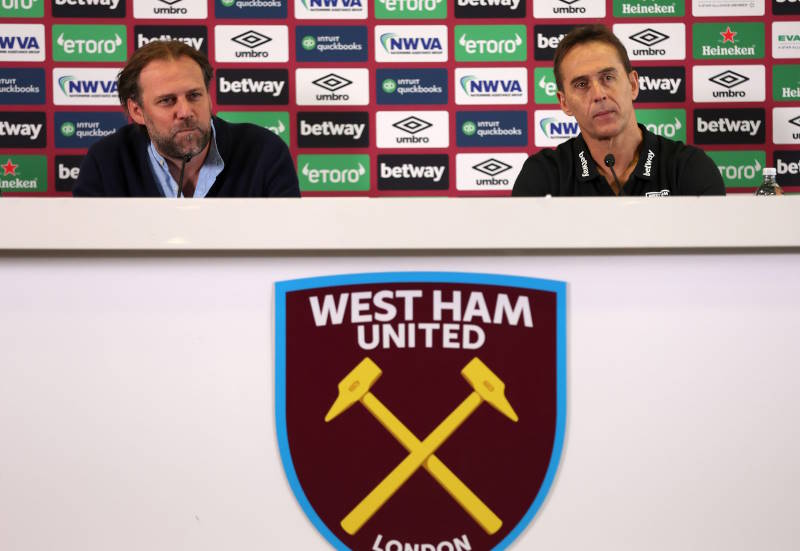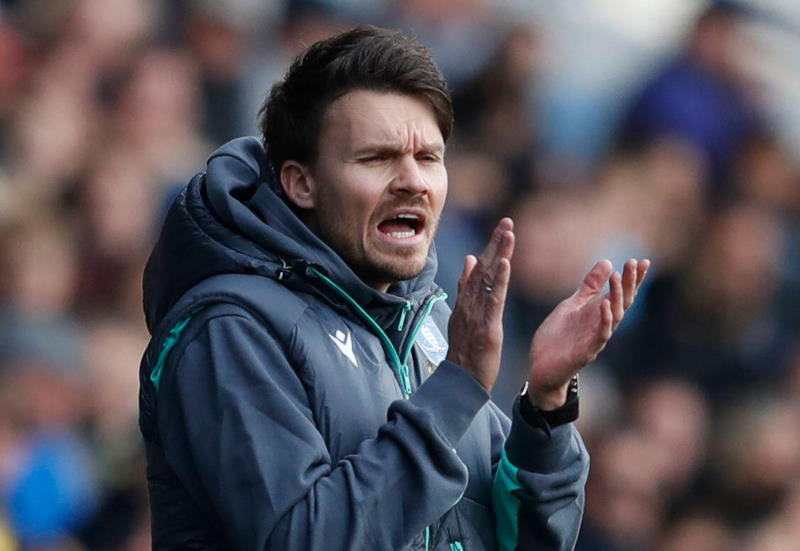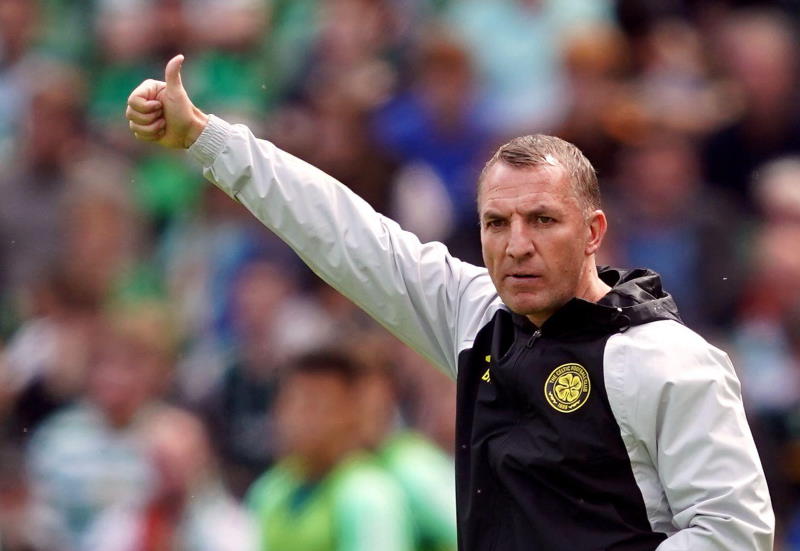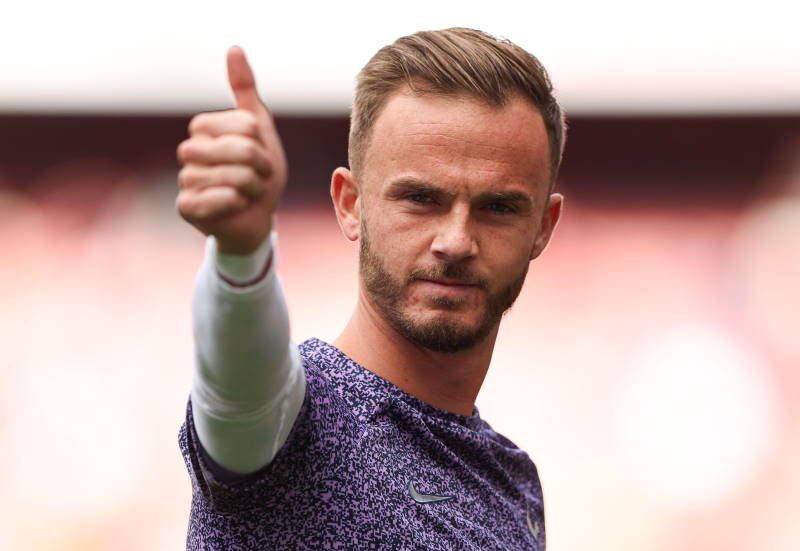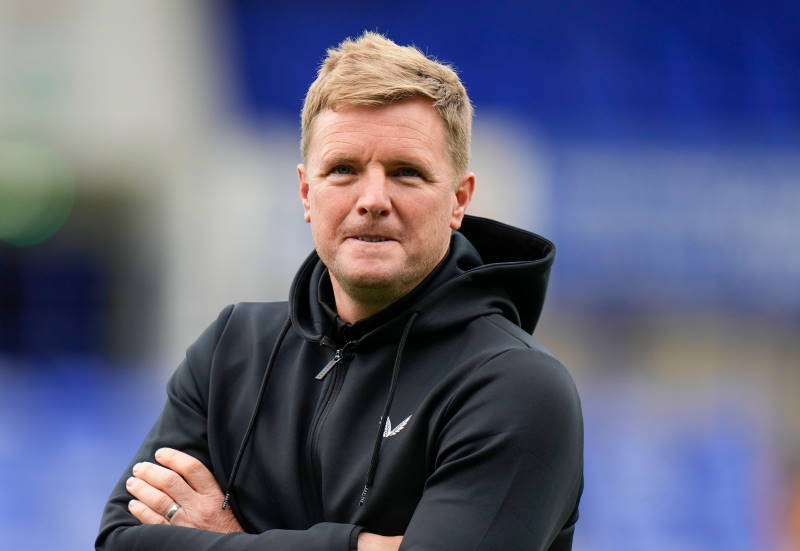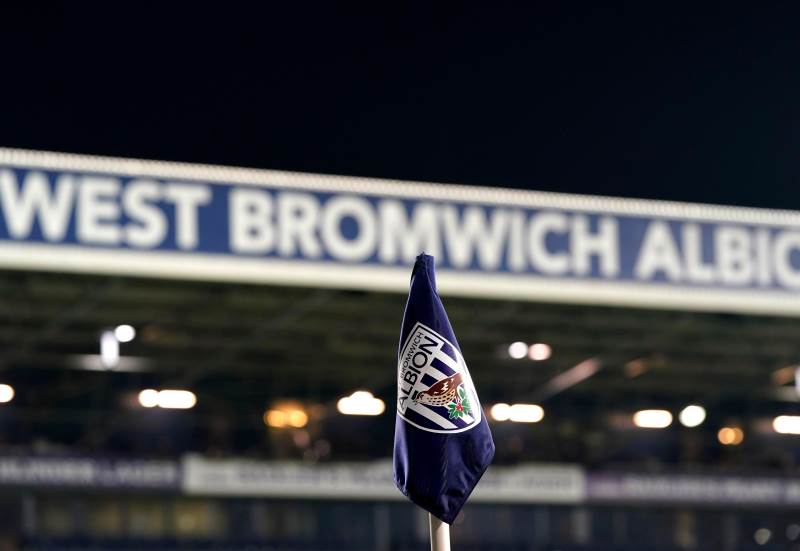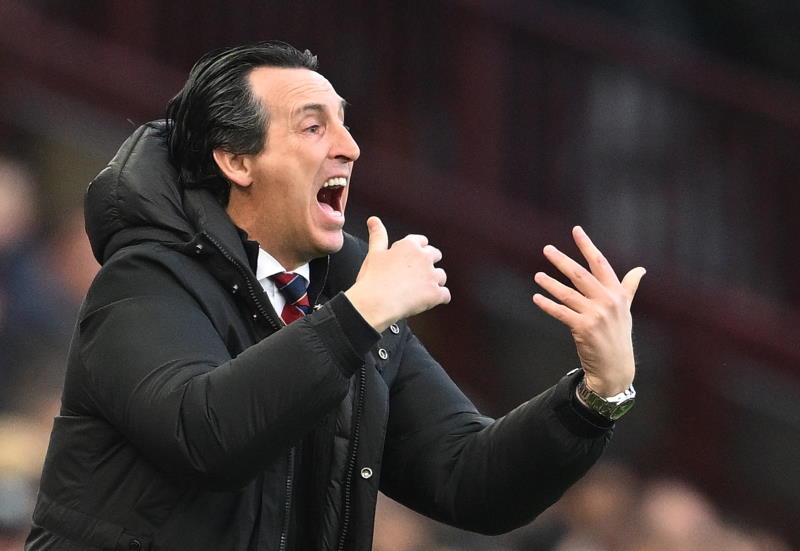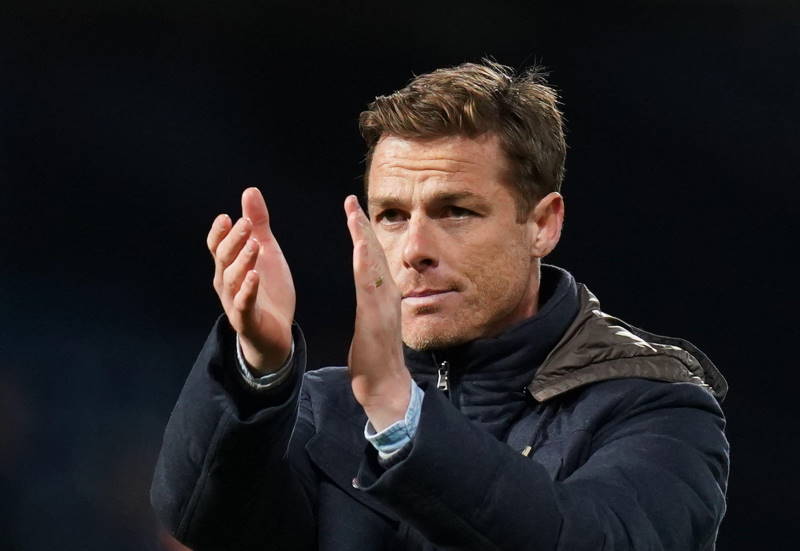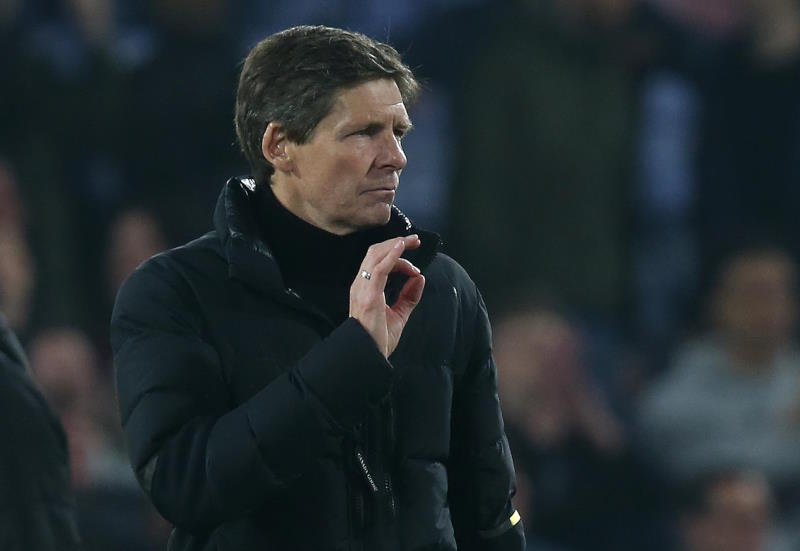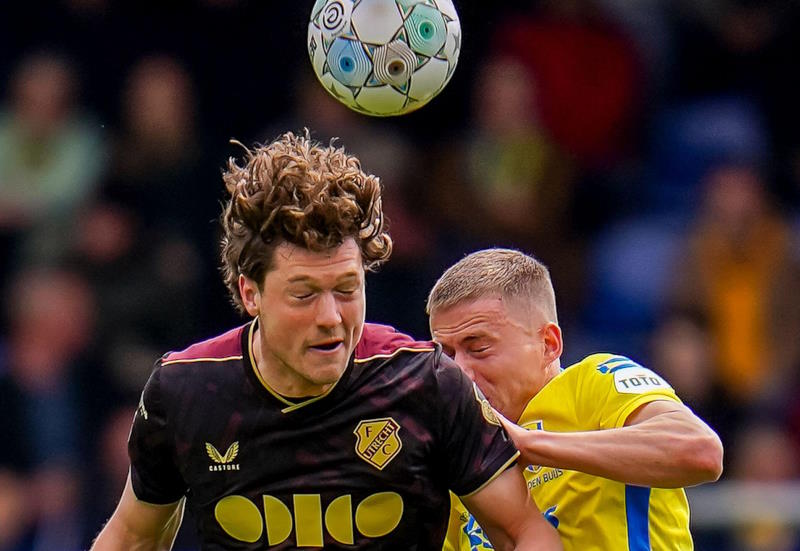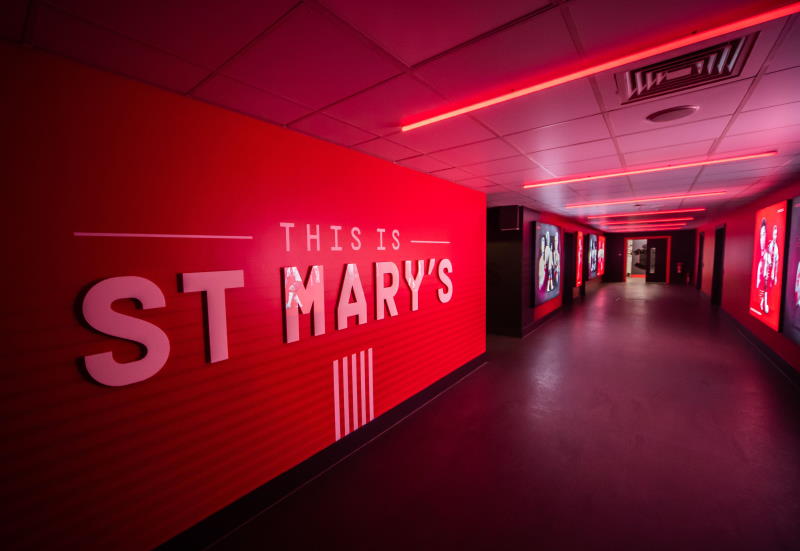
After 380 matches and 978 goals, the 2010 Brasileirão has finally reached its end. And, after a 26-year wait, Fluminense have become Brazil’s champions once again. The race went to the wire, in a thrilling spectacle that Brazilian fans have come to expect from a league dubbed the most exciting in the world. As the last matchday dawned, three teams still harboured realistic hopes of lifting the title – Fluminense, Corinthians and Cruzeiro.
But it seemed that nothing would take the Brasileirão away from Fluzão as they enjoyed the perfect start to the final day with Corinthians and Cruzeiro both falling behind in their respective matches against Goias and Palmeiras. With those results, Flu were already champions, but needed to make sure of the triumph in case either of their rivals staged a comeback. And to do this, Guarani had to be beaten. Emerson popped up, sending Flu’s support into raptures and handing coach Muricy Ramalho his fourth title in five years – an amazing feat. After Emerson had given Fluminense the lead, Cruzeiro scored twice, taking a 2-1 win and with it second spot in the table, in the process sending Corinthians into the 2011 Copa Libertadores qualifying stages.
With Internacional and Santos already assured of spots in next year’s Libertadores – the former by virtue of being this season’s continental champions and the latter through winning the Copa do Brasil – the Brasileirão completed their list of entrants with four additional clubs: Fluminense, Cruzeiro, Corinthians and fourth placed Gremio. The Tricolor’s fourth spot was good enough this year due to Goias having lost the Copa Sudamericana final to Argentine club Independiente.
At the other end of the table, Prudente, Goias, Guarani and Vitoria dropped into the second division. Vitoria only suffered the drop after drawing their last game against Atletico-GO, who had been battling the Leao da Barra to stay up. Although not dipping their toes into the relegation zone at any point during the season, 2009 champions Flamengo suffered a slump, trying to pull clear of the lower end of the table all year long, but failing. It was only on the final matchday that the Rubro-Negro, who had partied hard after 2009’s heroics, banished the nightmare prospect of playing their 2011 campaign in Serie B. For the first time in the Brasileirão’s history, there was a realistic prospect of the defending champions suffering relegation.
Gremio, in contrast, produced the most amazing run of results to take a Copa Libertadores spot. Having lingered around the relegation zone through the league’s early rounds, the tricolor gaucho changed coaches and began an incredible journey. Under new boss Renato Gaucho, Gremio became almost unbeatable on their way to fourth. "With six more rounds, Gremio could have won the title", was the verdict of coach Renato Gaucho. The most unlikely surprise Gremio produced could perhaps have been turning Jonas, once called the Brasileirão’s worst striker, into the league’s top marksman, with 23 goals to his name, even causing the player to dream of the Seleção
Those clubs from fifth to fourteenth, not counting Santos and Internacional, all qualified for the 2011 Copa Sudamericana, which now rewards its champion with a spot in the following year’s Copa Libertadores. This innovation has added an extra dimension to South America’s second tier continental competition. Sao Paulo, Palmeiras, Flamengo, Botafogo, Vasco da Gama and Atletico-MG, are those Brazilian sides destined to fight for the Sudamericana next year, hoping to take a shortcut to 2012’s Libertadores. Currently only one Brazilian name is on the Sudamericana trophy – Internacional (2008) – with two others having reached the final – Fluminense (2009) and Goias (2010) – and wise clubs will begin to take this competition seriously.
The Brazilian FA (CBF) names Argentine Dario Conca the Player of the Year, which came as little surprise. The little attacking midfielder commanded Fluminense on the pitch, creating almost every goal scoring chance the side enjoyed. Conca was also the only player (not counting goalkeepers) to play all 38 Brasileirão games, an unbelievable feat. Conca’s success was only the fifth time a non-Brazilian was voted Player of the Year – the player was also the third Argentine to pick up the award.
Besides the former River Plate youth product, Fluminense coach Muricy Ramalho was key to his club’s success. Once again voted Coach of the Year – the 55-year-old has picked up the award for five of the last six seasons, losing it to then-Flamengo coach Andrade last year – Ramalho can bask in his fourth Brasileirão title and sitting second on the list of the most wins for a single coach. Ramalho appears to be a master of the current league model and will not try to conquer new territory by leading Fluminense to their first Copa Libertadores title – it would be a first for the coach.
Now the Brasileirão can be packed off and put away for a few months as Brazil’s clubs look to engage in the merry-go-round that is the transfer market. Before a ball is kicked in 2011’s Brasileirão, old faces will arrive at new clubs, youngster will be sold to Europe, experienced players will make the return journey for a final swansong and coaches will come and go. Talks have already started; big names have been mentioned, Adriano amongst them. Next season promises to be even more interesting than the last, with both Fluminense and Corinthians aiming to win their first Libertadores, and Muricy Ramalho defending his title once again. The posturing will go on, thousands of words will be written, but the real story is on the pitch.

